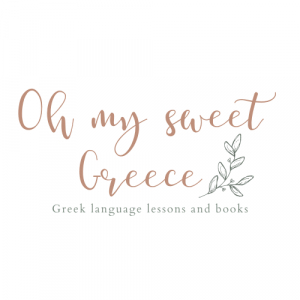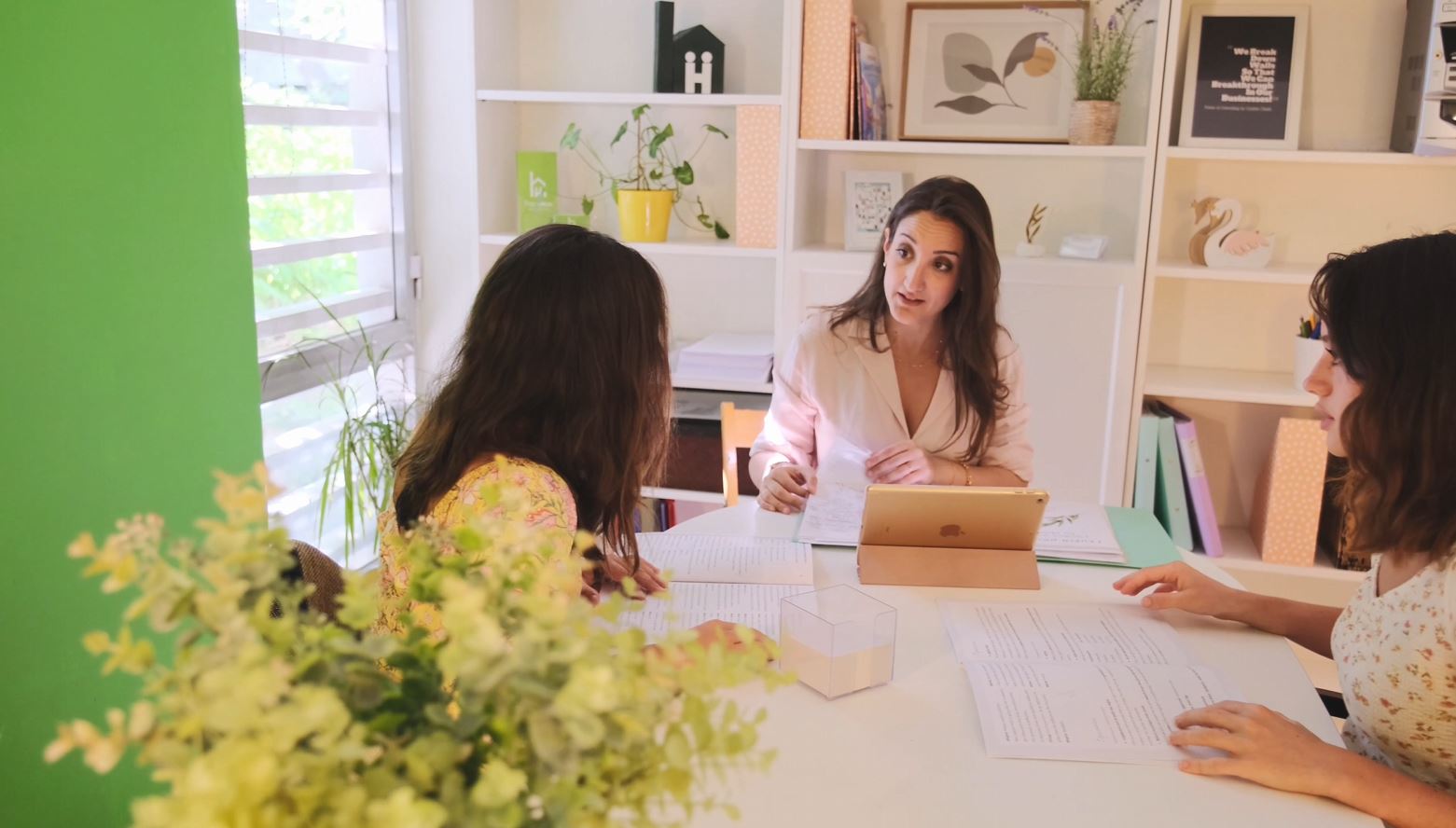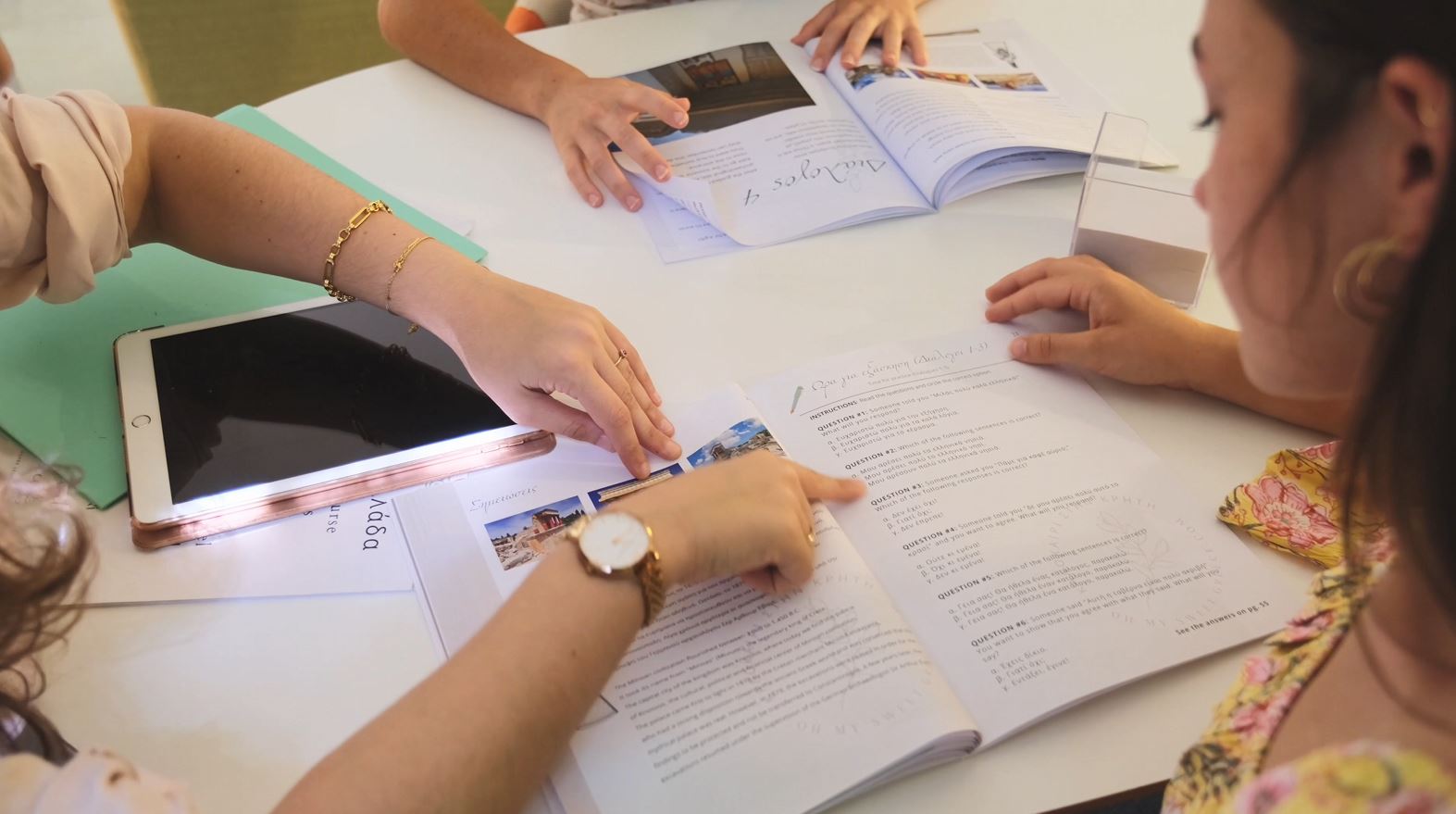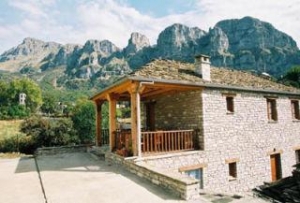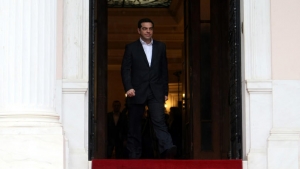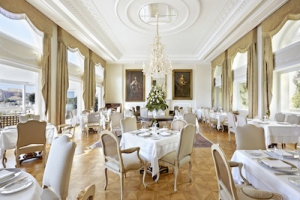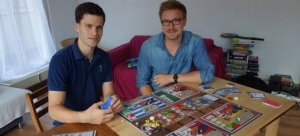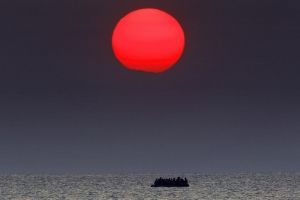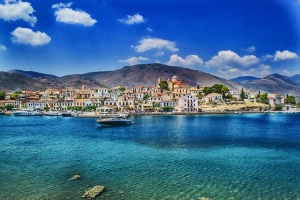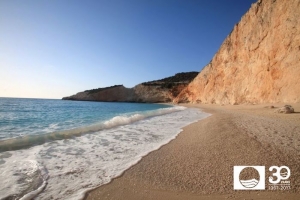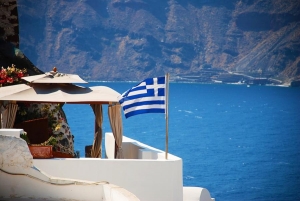XpatAthens
Oh my sweet Greece – Learn Greek & Speak With Confidence
If you’ve just arrived in Athens, or have been living here for a while and want to feel more at home, learning Greek with an engaging method that encourages speaking can make all the difference! Oh my sweet Greece offers small-group and one-on-one lessons, both in-person in Kifisia and online, in a warm and welcoming environment with experienced instructors, designed to help students communicate confidently while enjoying the learning process.
A Warm & Effective Learning Environment
At the heart of Kifisia and also online, Oh my sweet Greece Greek language school provides a warm and welcoming space where learners truly feel at home. Small, level-specific groups ensure that students progress comfortably together, while engaging materials are designed to make speaking Greek natural from day one. Classes are available for levels, from beginners to advanced learners, and also offer preparation for the official Greek language certification (Ελληνομάθεια).
Explore Athens & Make Friends
Located within Househub, a collaborative space near the Kifisia metro station, Oh my sweet Greece also offers excursions and cultural activities, providing the perfect opportunity to explore Athens, immerse yourself in Greek culture, and make new friends.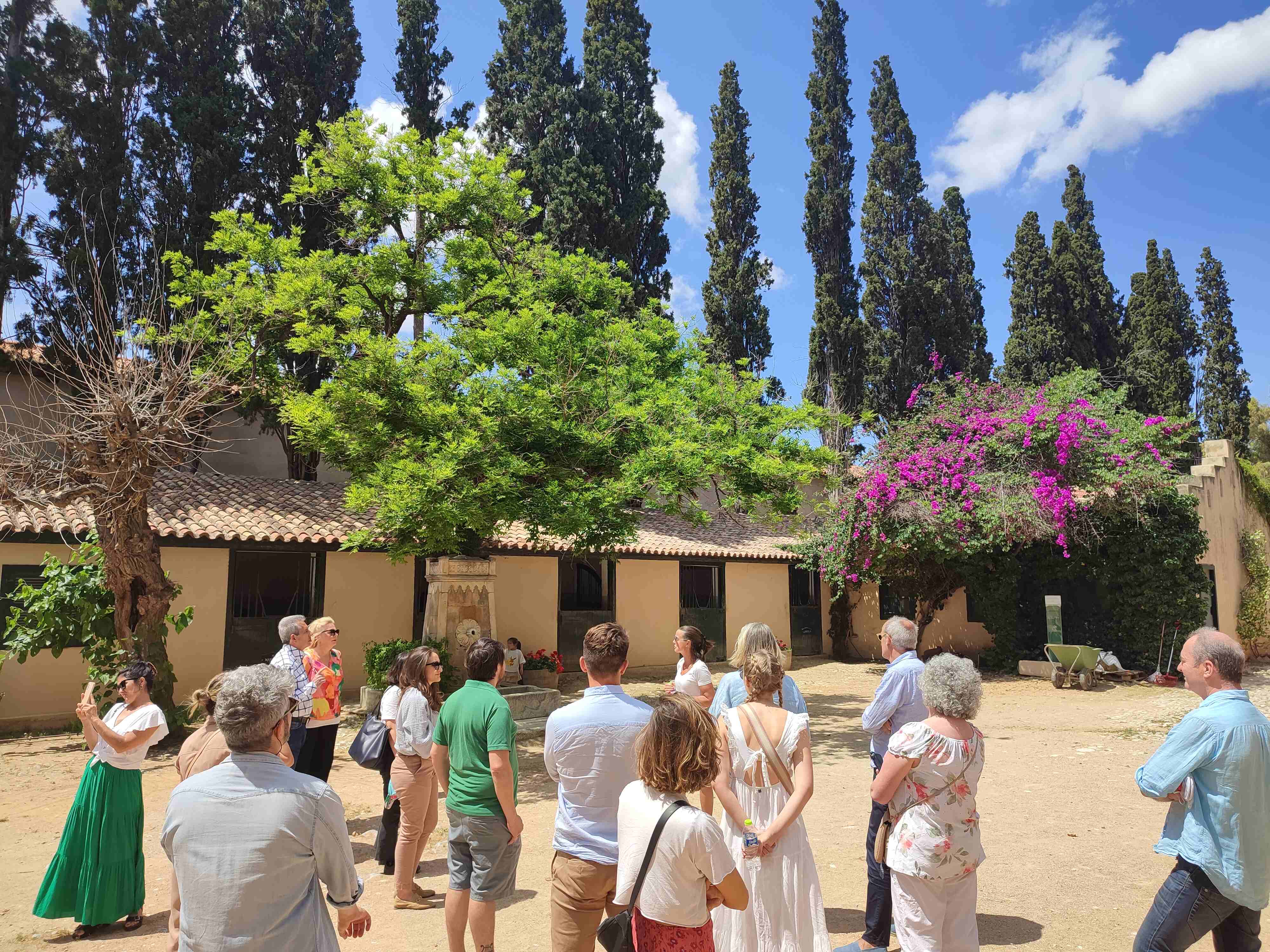
Visit www.ohmysweetgreece.com and start your Greek learning journey!
Papigo Village, Zagoria
The village of Papigo is situated on Astraka, one of the highest peaks of Mt Tymfi, alias Gamila. It is 62 km far from the city of Ioannina, and is thought to be one of the most beautiful villages of Zagoria. It is on the North side of the Vikos gorge and can be accessed by crossing the Voidomatis River bridge. Then you must take the road up in order to arrive to one of the two districts Papigo village is divided into, Megalo and Mikro.
The road leading to the village of Papigo is a feast for the senses.
The feature of this road, crossed by the Voidomatis River, is picturesque, creating great natural scenery that attracts the visitor’s eye. The view of the Vikos gorge is also stunning. However, if you drive, it is important to pay attention on the road, because it is narrow and very zigzagging. Once in Papigo, great strolls around its stone-alleys can be held, as its two-stored mansions have been declared a national historical monument. Their construction materials are mainly stones. In fact, this is the main material on the village and is used almost for everything. These constructions are also unusual because they do not have a balcony.
Another interesting point is the natural fountains –also made of stone, located close to the village. They are ideal for refreshing in the hot days. Another interesting activity that can be held in Papigo, more specifically in Megalo Papigo, is to visit the personal library of Micheal Anagnostopoulos. It includes around 1250 volumes of books –most of them in foreign languages, published between 1750 and 1906.On the other hand, Mikro Papigo is 3 km further up after Megalo Papigo. It is amphitheatrically built on the steep slopes of the mountain and leads to the popular Dragon Lake, placed on the edge of a great limestone cliff overlooking the Aoos Valley.
To read more, please visit greeka.com
Greece Intends To Reject Bailout Extension
Despite pressure from eurozone officials to agree to a further extension to the existing bailout, the Greek government insisted Friday that it would not accept its partners’ offer but would instead propose the terms of a bridging agreement to see it through the next few months. An extra Eurogroup meeting is due on Wednesday, when Finance Minister Yanis Varoufakis will set out to Greece’s partners how the government envisages covering its funding needs over the next few months until a more comprehensive agreement between all parties is reached.
Government sources were adamant Friday that Greece would not accept the outstanding 7.2-billion-euro bailout tranche, which would require the SYRIZA-led coalition to complete a set of structural reforms.
Athens’s plan is based around being given permission to issue more treasury bills after reaching the 15-billion-euro limit it had agreed with the troika. It also wants to receive 1.9 billion euros from profits the European Central Bank made as part of its SMP program, which involved purchasing Greek bonds on the secondary market. This 1.9 billion is included in the 7.2-billion-euro installment.
The indications from Brussels Friday were that eurozone officials would not accept these proposals. It is thought that Varoufakis will present a commitment by the new Greek government not to take any unilateral action while the bridging deal is in place, to commit to fiscal targets and structural reforms proposed by Athens.
Varoufakis held a lengthy meeting Friday with Prime Minister Alexis Tsipras and Deputy Prime Minister Yiannis Dragasakis.
To read more, please visit ekathimerini.com
Tudor Hall Receives ‘Golden Chef’s Hat’ Award For Greek Cuisine
Greek Crisis Turned Into A Board Game
Yannis Behrakis - 2016 Pulitzer Prize Winning Photojournalist
For more information on Yannis Behrakis, please visit: Greek Reporter
Blogtrotters 2017 Will Showcase Greece As Sustainable Travel Destination
Greek Blue Flag Beaches In World’s Top 3
April 25 - Getting Ready For Summer
Learn about the beaches in Greece that have been listed in the top three spots of the blue flag project, which destinations are ideal for family getaways, and tips to consider before buying Greek property!
Please click HERE to view this issue of our newsletter!
Remember to stay connected with us through our weekly newsletter, Facebook, and Twitter!
Homemade Greek Plum Jam Recipe
Ingredients
- 1 kilo plums
- 700 g Sugar
- Juice of half a lemon
- 200 ml Water
- Sterilize jars by heating them in a microwave for a couple of minutes, heating them for twenty minutes in the oven at 100 degrees C, or running them through the dishwasher.
- Remove the stones from the plums, cut into small pieces and place in a large pan, along with the sugar, lemon juice and water.
- Stir everything together, bring to the boil and lower the heat and simmer, stirring occasionally.

